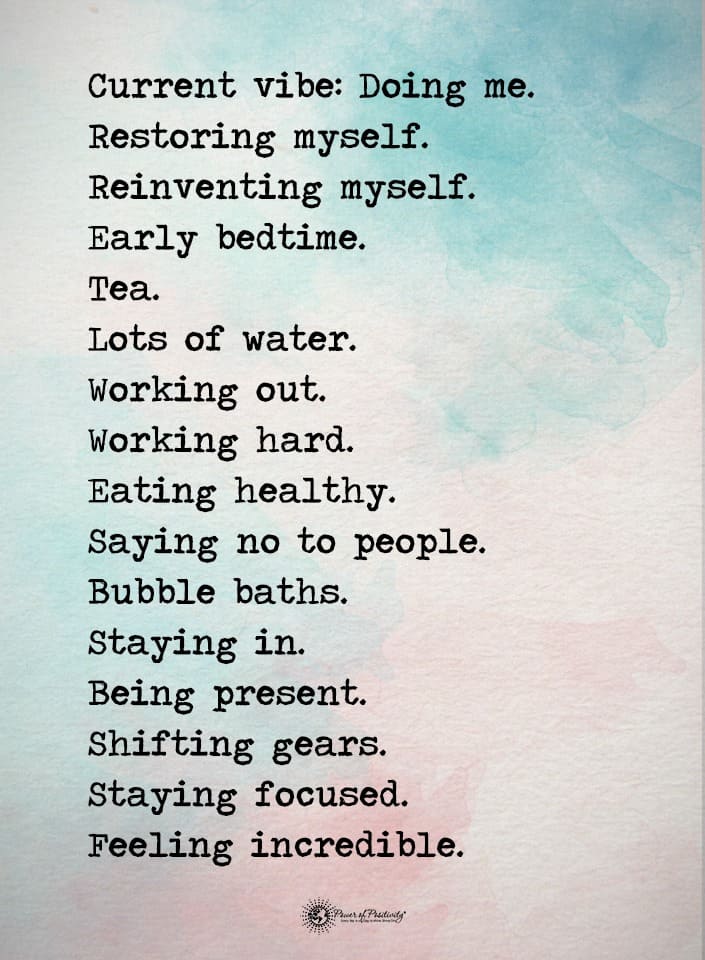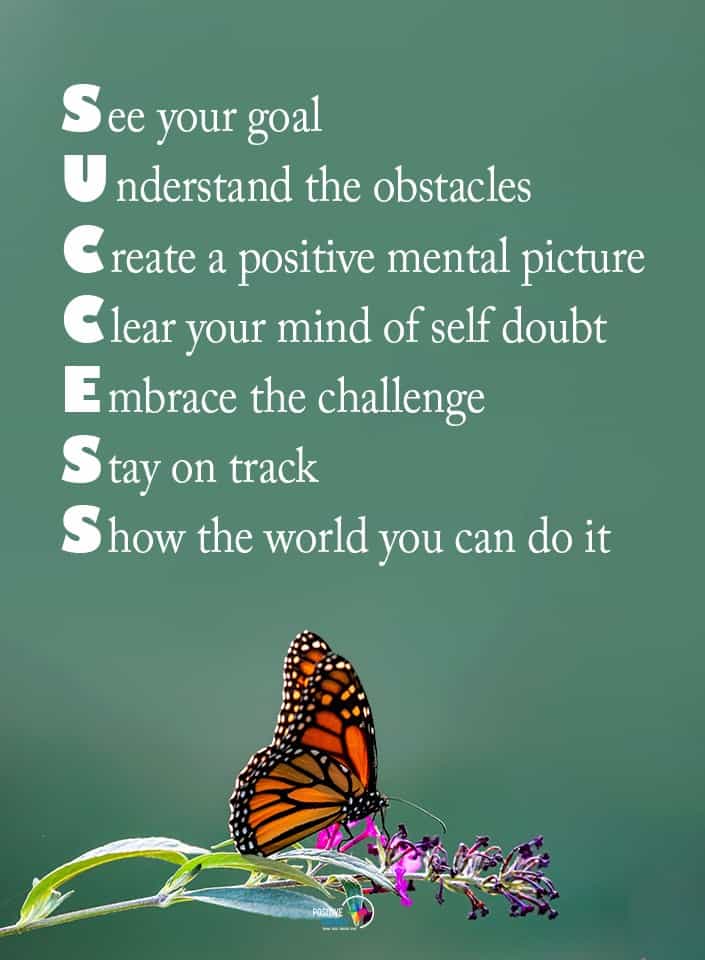Dealing with anxiety is always an uphill battle. When you feel anxious, it can overshadow all beautiful things and destroy your mental and physical health. The good thing is we now better understand mental health issues. As a result, people are no longer stigmatized for struggling with mental health issues and can get the help they need.
But one thing that’s still not considered is their partners’ struggles. That’s not to say that it’s harder to have a partner dealing with anxiety than being that person who is struggling. But, still, as a partner of an anxious person, you must learn how to best support them.
Anxious people can have some coping mechanisms that make it hard for people to help them out. But that doesn’t mean they don’t want your help. As their partner, you are probably the person they are closest to. That means you are the person who can help them the most out of all their loved ones. Plus, you spend the most time with them, so you can be there when they need you.
That doesn’t mean you automatically become their caretaker, as that’s not your duty, as anxiety is something that the person affected can manage without having to receive permanent supervision. But you should always be supportive of your partner, no matter their struggles.
How Does Anxiety Manifest?

More and more people are starting to care for their mental health, which means more people are getting the proper diagnosis than ever before. But that doesn’t mean everyone dealing with anxiety knows they have a disorder. And, even if they have the appropriate diagnosis, as their partner, you should still know how anxiety manifests.
Now, when people say anxiety, they usually refer to anxiety disorders. But being anxious isn’t always indicative of a disorder. Anxiety is a natural emotion people feel when they are stressed, scared, or otherwise threatened. In small doses, anxiety can even be a good thing. However, this feeling is, in fact, nothing but the effect of your body entering a state of “fight or flight.”
When you are in a dangerous situation, your body lets you know that you should do something about it using the uncomfortable feeling of anxiety. This process had a survival purpose thousands of years ago when people used to have to keep themselves safe from wild animals and other such dangers. When faced with an imminent threat, the fight-or-flight response is activated, and the body experiences a rush of energy.
Necessary body functions, such as breathing and muscle response, are heightened, while other functions, such as digestion, are temporarily stopped. This is meant to conserve energy while allowing you to be in peak physical shape to face a threat or run away. All these changes are caused by the release of stress hormones, especially cortisol.
Understanding Generalized Anxiety Disorder
Nowadays, people don’t need to run away from wild animals anymore. But that doesn’t mean the fight or flight response has become obsolete. It’s still useful as it equips you to deal with other threats, such as helping you avoid a car accident. Even if you have to take a test, it’s helpful to feel a little anxious, as the cortisol released by your body will help you concentrate.
That being said, it’s not good to feel anxious most of the time. When that happens, people start dealing with anxiety disorders. The most common one is Generalised Anxiety Disorder, which causes people to feel anxious for seemingly no reason. People struggling with this, or any other anxiety disorder, will often worry, overthink, and feel panicked when thinking about the future. And logic doesn’t usually help alleviate these worries.
An anxious person might know all the reasons why nothing bad will happen and still dread having to face the future. As with all mental health issues, people can do nothing to eliminate those thoughts immediately. But there are ways in which they can manage those thoughts to the point where they don’t trigger anxious feelings anymore. So, dealing with mental health issues is about managing and monitoring the disorder.
This is important because, if left unchecked, anxiety will cause both mental and physical symptoms. On the mental side, an anxious person will always worry about something and overthink almost everything. As a result, they might isolate themselves or be irritable. As a result, they often have trouble concentrating and finding the motivation to be productive. On the physical side, an anxious person might struggle with dizziness and heart palpitations or have difficulty breathing.
How to Support a Partner with Anxiety
1. Address Their Symptoms
Anxiety can often be consuming, so many people find it hard to address it directly. Or maybe they don’t know they are dealing with anxiety. Either way, you should be careful how you approach the subject. If they don’t have diagnosed anxiety but display some symptoms, you should talk to them about it.
Try talking to them about their stress levels and if they are struggling with overthinking and feelings of dread. If they do, you can suggest they see a specialist and get a proper diagnosis. You should still be careful about approaching the subject if they already have a diagnosis.
Don’t ask them if they feel anxious, as that might trigger them. Instead, ask them if they are stressed or worrying over certain things. As Jeffrey Borenstein, president, and CEO of the Brain & Behaviour Research Foundation in New York, says, people find it easier to talk about stress than anxiety.
Ask them if they are sleeping well or if they are having trouble concentrating. That way, it will be easier for your partner to open up and talk about what’s bothering them.
2. Don’t Minimize Their Experiences
It will probably make no sense if you look at anxiety logically. It can be hard to understand why your partner is constantly panicking over everything. And most people might be inclined to say that others’ worries are irrational and they should move on. So, you might be inclined to tell them to get over it and that what they’re worrying over isn’t such a big thing.
But that kind of rhetoric will only make them feel worse. You should never minimize someone’s experiences, no matter how irrational they seem. Instead, it would help if you always try to understand where they are coming from. The best thing you can do is listen to them and try to see things from their perspectives. Even if you disagree with their viewpoint, you should still validate it and see how you can help them.
But don’t try to fix everything because that’s not how you help them. Even though you might feel inclined to do so, you need to understand that anxiety is not just something you can fix. Instead, you should see what you can do to help them alleviate their symptoms without making them feel pressured or inadequate.
3. Help Them Seek Treatment
If your partner is dealing with anxiety, it’s always a good idea for them to see a specialist. Even if they don’t have crippling anxiety and don’t need medication, seeing a therapist will only help them. But it might be hard for them to accept that. It can be challenging for someone with anxiety to admit that they need help. As their partner, you need to help them understand that only good things can come from receiving proper treatment.
One thing you can do is go with them to therapy sessions. It can make them feel less weird about talking to someone if you are there with them. Alternatively, you can research anxiety and speak to them about potential treatment routes they want to take. Maybe they are not ready for therapy, but they would be open to participating in stress-relieving activities.
4. Be Compassionate
Struggling with anxiety is a pretty lonely battle. You can do many things as partners to make them feel more comfortable. But, sometimes, all they need is a little love and compassion. Just being there and allowing them to vent or talk about their fears can be more than enough to help them manage their anxiety.
You need to be careful not to stress them out more. If they are constantly stressed and overthinking, they don’t need to have more problems on their mind. You should always make an effort to offer them a safe space. Your home should be a safe space, free of additional troubles.
That doesn’t mean you should never talk to them about your relationship’s issues. For example, if your relationship is going through a rough patch, you should address that. But don’t pick random fights, and don’t get mad at them when they get moody or isolate themselves. Instead, please make an effort to understand that they sometimes need space and always be kind.
Final Thoughts on Some Ways to Support a Partner with Anxiety
Relationships are always complex, and there are many hurdles that a couple will have to overcome. One of these hurdles is learning to deal with an anxious partner. Being with someone struggling with mental health issues isn’t a walk in the park, but you’ll learn how to support them if you genuinely love them.
One of the most important things you need to do is research and understand anxiety. When you read about it, you’ll see how hard it is to live with anxiety. This can help you be more empathetic and compassionate. You will need to learn how to address their symptoms without triggering them. Also, be careful not to minimize their experience, no matter how irrational their symptoms might seem to you.
Always validate their emotions and be compassionate. It’s essential to help them get the treatment they need. That might mean encouraging them or even going to therapy with them. But, above all, remember to love them and be there for them when they need you.







 Final Thoughts on Some Reasons Why Adults Should Still Play
Final Thoughts on Some Reasons Why Adults Should Still Play








